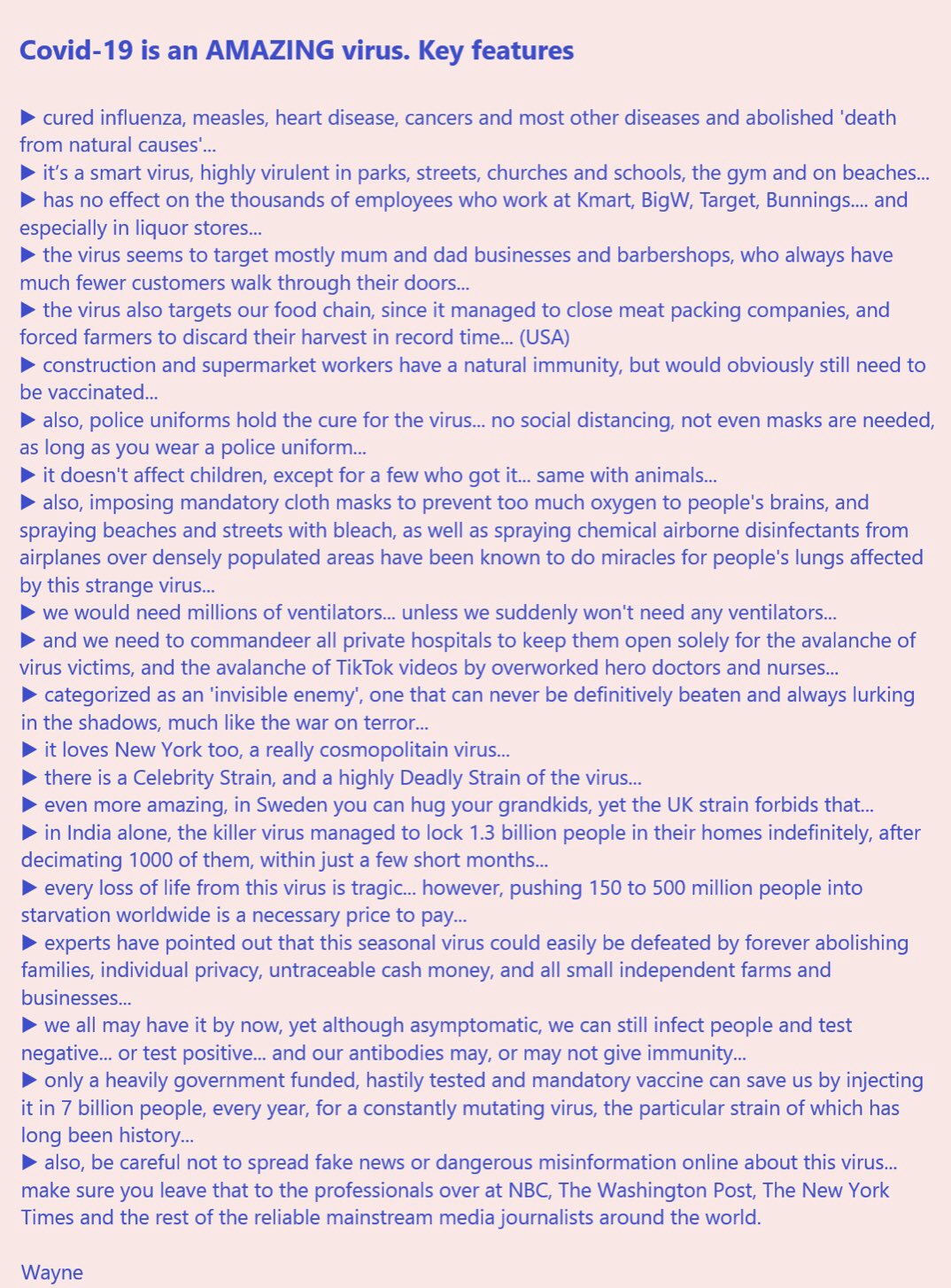Luftmensch
Senior Member
- Joined
- Dec 13, 2017
- Messages
- 2,316
- Reaction score
- 3,185
The dusty Victorian notion that science is a world of 'truths' to be collected is easy to take for granted. What happens when you break one of these truths? You have to reinvent your models and understanding. Welcome to quantum physics in the early 1900's. Newtonian physics was such a successful model at explaining the universe, it may have appeared to be a fundamental truth. Not only did quantum physics change science, it also changed philosophical thought. Philosophers such as Popper started putting a modern framework around what the 'truth' is - giving rise to fields like verisimilitude.
Science is still being taught at schools as a collection of 'facts'. I have sympathy for this simplification. As a civilisation we have only had 50-70 years of data that extend well and truly beyond human intuition and senses. 'Science' is really a process for handling this. Not a textbook. As such science is constantly striving to generate the most accurate/powerful explanation of the data - with no shame of being wrong should better data be produced. This is part of the process.
Science has no agenda (other than to build knowledge). People do.
Science, as a process, is the best tool for understanding how the world works. It is the best form for organising thought to predict the implications of any solution. But scientists are human. Just like any other occupation! One of the main functions of science is to flush personal biases and opinions from the 'record'. For this reason, publications are usually fairly sterile environments. This breaks down when scientists are asked about their opinions outside of the processes. It also does not stop some scientists entering a field to reinforce a personal belief. The sterile side of science tends not to prescribe anything beyond a current best understanding. Corporations use this knowledge to make profit. Policy makers use this knowledge to regulate and set policy. But don't confuse this with science misunderstanding how the world works or prescribing a solution.
With the pandemic... epidemiologists are looking at epidemiology. Virologists are looking at SARS-CoV-2. The economy isn't their primary concern. Nor should it be. Doctors have science training but they aren't really scientists. Their concern is the health of their patients. Some are looking at effective treatment methods. Economists arent scientists p); they arent doctors. They are looking at the economy. Historians are none of these - but they illuminate lessons from the past. That anyone of these professions should only be concerned about their area of expertise is unsurprising. Politicians might draw on all of this information to generate policy that attempts to balance all the competing information and requirements. Or they might generate policy that get them elected in the next cycle.... or they might generate policy for the highest bidder...
p); they arent doctors. They are looking at the economy. Historians are none of these - but they illuminate lessons from the past. That anyone of these professions should only be concerned about their area of expertise is unsurprising. Politicians might draw on all of this information to generate policy that attempts to balance all the competing information and requirements. Or they might generate policy that get them elected in the next cycle.... or they might generate policy for the highest bidder...
So in reality, do we
?

Science is still being taught at schools as a collection of 'facts'. I have sympathy for this simplification. As a civilisation we have only had 50-70 years of data that extend well and truly beyond human intuition and senses. 'Science' is really a process for handling this. Not a textbook. As such science is constantly striving to generate the most accurate/powerful explanation of the data - with no shame of being wrong should better data be produced. This is part of the process.
Scientists know a lot in their areas, but often times they don’t realize how the world works and what the implications of their ”perfect” solutions are.
Science has no agenda (other than to build knowledge). People do.
Science, as a process, is the best tool for understanding how the world works. It is the best form for organising thought to predict the implications of any solution. But scientists are human. Just like any other occupation! One of the main functions of science is to flush personal biases and opinions from the 'record'. For this reason, publications are usually fairly sterile environments. This breaks down when scientists are asked about their opinions outside of the processes. It also does not stop some scientists entering a field to reinforce a personal belief. The sterile side of science tends not to prescribe anything beyond a current best understanding. Corporations use this knowledge to make profit. Policy makers use this knowledge to regulate and set policy. But don't confuse this with science misunderstanding how the world works or prescribing a solution.
With the pandemic... epidemiologists are looking at epidemiology. Virologists are looking at SARS-CoV-2. The economy isn't their primary concern. Nor should it be. Doctors have science training but they aren't really scientists. Their concern is the health of their patients. Some are looking at effective treatment methods. Economists arent scientists
So in reality, do we
"just listen to the scientists"
?







